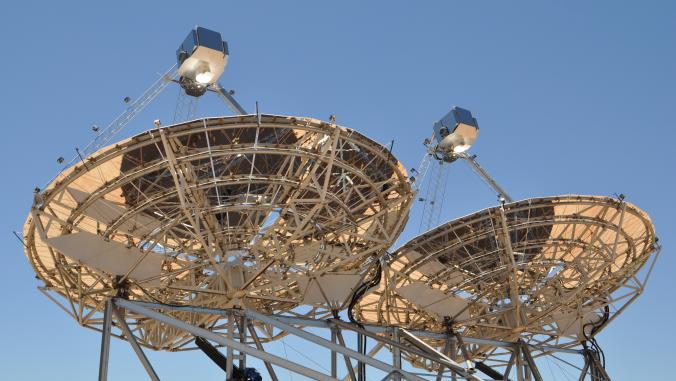Consortium aims to accelerate microgrids in US
<p> The Microgrid Resources Coalition will work to make the market and regulatory rules amenable to microgrids.</p>

A consortium has formed to promote the growth of microgrids, aptly named the Microgrid Resources Coalition (MRC).
Founding members include Princeton University, NRG Energy, ICETEC Energy, Concord Engineering and the International District Energy Association.
We've written numerous articles about the importance of microgrids and decentralized energy. They provide reliable power when the grid goes down and energy savings even when the grid is operating. Using solar and other clean technologies, they are important for reducing emissions and give buildings from factories to hospitals control over their energy sources.
"Microgrids of various forms will become key distributed components of a smarter, cleaner and much more energy-efficient power system," says Steven Corneli, senior vice president for sustainability, policy and strategy at NRG Energy. "Innovations in core microgrid technologies like solar, cogeneration and control systems are happening so fast that microgrids are outpacing existing regulatory frameworks and business models. The MRC will work to ensure our market and other regulatory rules are updated to support microgrids and the new business models that are bringing their benefits to customers and communities."
For example, wholesale market rules and transmission planning aren't designed with microgrids in mind.
To make sure communities can keep the power on during future storms, a $40 million competition will jumpstart at least 10 microgrids across New York state. During emergencies, they would disconnect from the grid, maintaining stable power for crucial operations such as hospitals, police, fire and gas stations. Solar will be an integral part of that.
Connecticut is the first to develop a statewide microgrid and New Jersey is developing the first microgrid for a transit system. Sandia National Lab has designed microgrids that are running at more than 20 U.S. military bases.
The United Nations Foundation released a study (PDF) that evaluates the use of microgrids for rural electrification in developing countries. It sets out best practices based on field visits to microgrid development sites in India, Malaysian Bornea and Haiti.
This article originally appeared at Sustainable Business News. Microgrid image by USACE HQ via Flickr.





